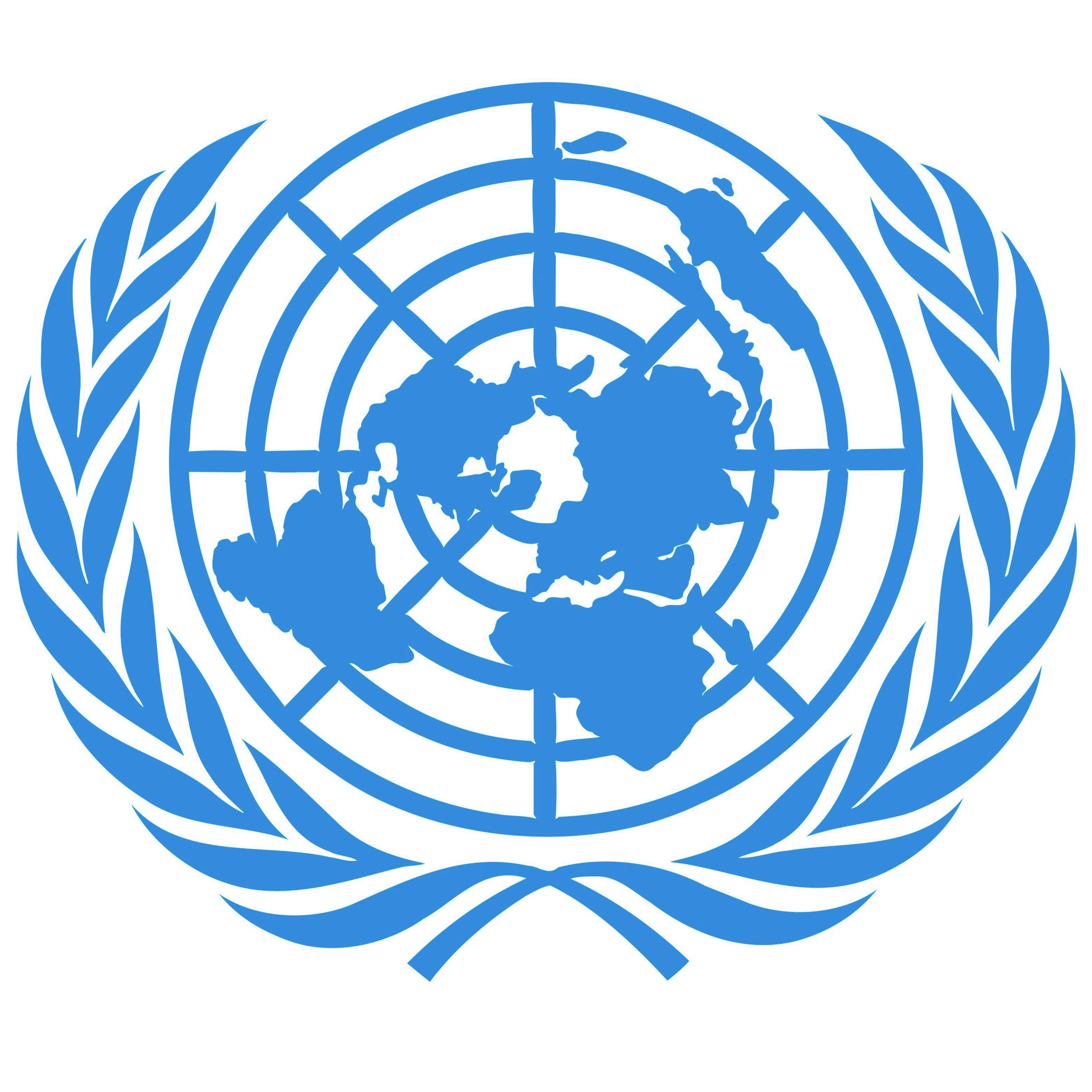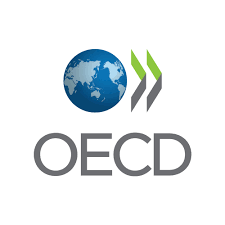Corruption: A Global Challenge from the Malaysian Perspective
- Liyu Lok Xuan (Joey)

- Nov 15, 2023
- 5 min read
Updated: Dec 11, 2023
“Power tends to corrupt, and absolute power corrupts absolutely” - Lord Acton
In this challenging environment of management, ethical issues have taken the centre stage, particularly in dealing with corruption. This issue requires the attention of leaders from all industries and sectors. Not only in Malaysia, but corruption exists to differing degrees in different countries.
In 2022, Malaysia marked the poorest performance in the Corruption Perception Index (CPI) for the past ten years, scoring only 47 out of 100 (Razak, 2023). CPI is an index that ranks countries and territories based on how corrupt their public sector is perceived to be (Transparency International, 2021).

The 1MDB Scandal

The Department of Justice from the United States revealed one of the greatest financial corruption cases titled '1 Malaysian Development Berhad (1MDB) Scandal' in 2015. Since then, the CPI of Malaysia dropped drastically for 3 years before it began its recovery. The recovery was largely attributed to the results of the 14th General Election in 2018, where Najib Razak was finally replaced as the Prime Minister after almost a decade. Throughout his political career, Najib has built a reputation on the willingness to overlook corruption within his own ranks (Jones, 2022). The 1MDB case not only exposed a net of abuse of power, unethical conduct, and greed in Malaysian politics and society but also underscored a disturbing trend where leadership appeared to be more about personal charisma than actual competency.
In short, this circumstance draws attention to ethical concerns in Malaysian society, and it suggests that tackling corruption requires people to put more dedication to ethical leadership and make changes to the governing structure.
The Silent Saboteur of Economic Growth and Development

Corruption is not just a moral issue, it is also an economic issue. Leaders should establish anti-corruption policies and promote integrity culture because when leaders actively participate in combating corruption issues, the organisation will prioritise the efficient and equitable allocation of resources, ensuring that public funds are used for the greater good, leading to better economic outcomes.

Corruption tends to be more common in developing countries such as Nigeria, it has negatively impacted the country by slowing down economic growth as resources are diverted towards corrupt activities and weakening the efficiency and effectiveness of government services (Ebegbulem, 2012). As Nigeria has enormous resources of crude oil, should it be effectively utilised, managed, and invested in the public interest (education and healthcare), the revenue from the oil industry can lead to growth and development in every aspect of the country. For example, the bribery over $1 billion between two multinational companies has been widely condemned as harmful to the Nigerian people (Transparency International, 2023b). Thus, according to Okagbue (2011), Nigeria still has a long way from achieving these socioeconomic and political milestones due to the corruption of its government authorities, which hinders the result of good administration.
(Transparency International, 2020)
Why do we need Ethical Leaders?
International organisations such as the United Nations (UN), World Bank, OECD, and Transparency International encourage ethical behaviour among government officials and emphasise the link between ethical leadership and good governance. Therefore, leaders play an important role in this particular context. For example, ethical leaders can set clear standards for transparency and accountability. This helps to avoid corruption and ensures that public funds are spent wisely. Ethical leadership is always linked with good governments, even though most modern governments place more emphasis on efficiency than ethics. A dynamic and inclusive society requires strong and ethical leadership as well as transparent and effective management (Shariff, 2023).
A study by Zhang et al. (2018) found that ethical leaders who exhibit high moral standards inspire their followers' positive emotions, which in turn motivate followers to report unethical behaviour and act ethically themselves. The effectiveness of ethical leadership is also affected by their followers, because followers act as watchdogs and hold leaders accountable for their actions. By reporting unethical behaviour and raising concerns, they help ensure that leaders adhere to ethical standards.
A Critical Tool in Combating Corruption in the 21st Century

Undeniably, ethical leadership is particularly important in the 21st century due to various reasons, and one of the significant problems it tackles is organisational corruption. A study by Hamoudah et al. (2021) emphasised the importance of leaders who model ethical behaviour and can have a positive influence on their subordinates, fostering a culture of integrity within the organisation. Unethical behaviour such as corruption is generally defined as dishonest or fraudulent conduct by a leader in power, including misuse of public resources for personal gain and bribery (Transparency International, 2023a).
Ethical leaders will influence their followers in a positive way by encouraging their followers to make decisions that promote more than just personal gain. As a result, it can be argued that ethical leadership diminishes corruptive behaviour, as the more ethical the leader, the less corruptive the follower (Manara et al., 2020).
Self-Reflection
This blog has discussed the importance of ethical leadership, the detrimental effects of corruption, and leaders' roles in supporting integrity and good governance.
In my point of view, the culture of corruption is fostered by unethical leadership which in turn destroys trust. As seen in the case of 1MDB, corruption can weaken the foundations of society. A powerful leader should strike the balance between self-interest and ethical decision-making.
Followers play important roles for preventing and addressing ethical leadership issues. As a follower, we must hold leaders accountable and promote an ethical culture, even when trust is lost. Followers can contribute by speaking up, supporting ethical decisions and demanding corrective actions.
As a follower, the 1MDB scandal and the bribery that happened in Nigeria have served as a reminder of the consequences of unethical leadership and abuse of power. I am inspired to pay more attention to unethical behaviour, speak out against it and become a more ethical person.
Leaders can fight corruption and promote peace all at once. Governments must open up space to include the public in decision-making – from activists and business owners to marginalised communities and young people. In democratic societies, the people can raise their voices to help root out corruption and demand a safer world for us all.
Daniel Eriksson (Chief Executive Officer, Transparency International)
References
Ebegbulem, J. (2012). Corruption and leadership crisis in Africa: Nigeria in focus. International Journal of Business and Social Science, 3(11).
Hamoudah, M. M., Othman, Z., Abdul Rahman, R., Mohd Noor, N. A., & Al-amoudi, M. (2021). Ethical leadership, ethical climate and integrity violation: A comparative study in Saudi Arabia and Malaysia. Administrative Sciences, 11(2), 43. https://doi.org/10.3390/admsci11020043
Jones, D. S. (2022). Challenges in combating corruption in Malaysia: Issues of leadership, culture and money politics. Public Administration and Policy, 25(2), 136–149. https://doi.org/10.1108/pap-01-2022-0002
Manara, M. U., van Gils, S., Nübold, A., & Zijlstra, F. R. H. (2020). Corruption, fast or slow? Ethical leadership interacts with machiavellianism to influence intuitive thinking and corruption. Frontiers in Psychology, 11, 578419. https://doi.org/10.3389/fpsyg.2020.578419
Mohan, M. (2023). Corruption perceptions index 2022. Transparency International Malaysia.
Okagbue, B. O. (2011). Ethical leadership and good governance in Nigerian local governments. Walden Dissertations and Doctoral Studies, 1036. https://scholarworks.waldenu.edu/dissertations/1036
Razak, R. (2023, January 31). Corruption Perception Index: Malaysia records worst score in a decade, but goes up one spot. Malay Mail. https://www.malaymail.com/news/malaysia/2023/01/31/corruption-perception-index-malaysia-records-worst-score-in-a-decade-but-goes-up-one-spot/52725
Shariff, Z. (2023, October 19). Everyday matters: Ethical leadership and good governance — never must the twain part. The Edge Malaysia. https://theedgemalaysia.com/node/686296
Transparency International. (2020). How does corruption affect you? In YouTube. https://youtu.be/FYorzlkCWYo?si=dqEfglu015SyoCKM
Transparency International. (2021, December 20). The ABCs of the CPI: How the Corruption Perceptions Index Is…. Transparency International. https://www.transparency.org/en/news/how-cpi-scores-are-calculated
Transparency International. (2023). What Is Corruption? Transparency International. https://www.transparency.org/en/what-is-corruption
Zhang, Y., Zhou, F., & Mao, J. (2018). Ethical leadership and follower moral actions: Investigating an emotional linkage. Frontiers in Psychology, 9(9). NCBI. https://doi.org/10.3389/fpsyg.2018.01881
Disclaimer: This blog is created to fulfill the academic coursework requirements of the subject MGT3073 Leadership conducted at Sunway University, Malaysia, and is for educational purposes only. It is not meant for commercial or consulting purposes, and is not for sharing and distribution.










Comments